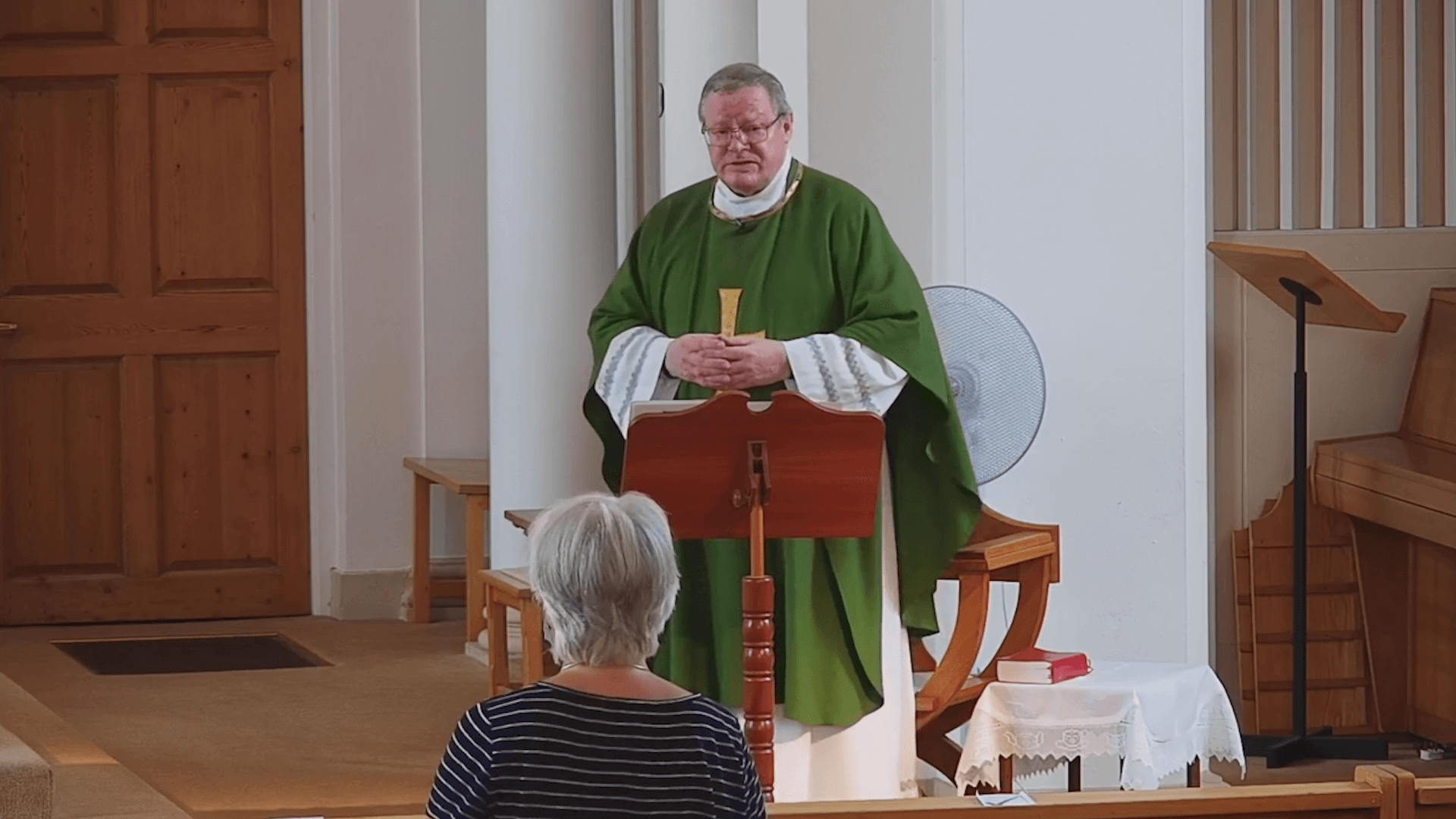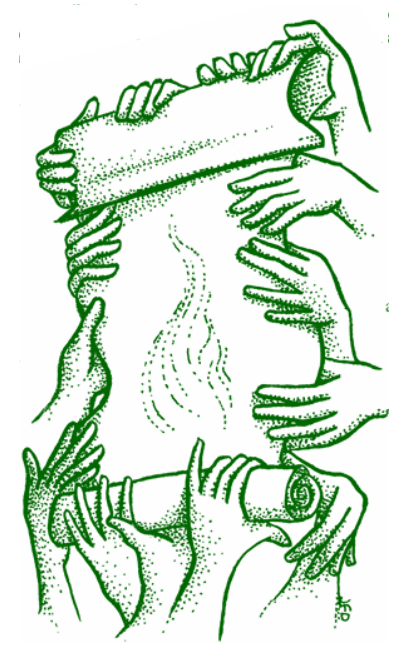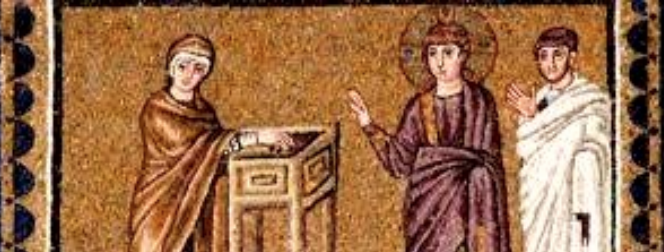










The scribes about whom Jesus speaks in our gospel this weekend are very different from the truth-seeking scribe of last weekend, and so a reminder to us not to be universally sweeping in our judgments of any group of people. The scribes about whom Jesus warns his disciples are probably the more significant temple lawyers preoccupied with their own status and with being recognised publicly as people of moral substance. They paraded outwardly what they believed to be their religious superiority, expecting salutations while, in reality, their inner lives were insubstantial and hypocritical. Jesus has harsh words for their failure in social justice toward widows for whom the scribes often acted as legal agents, managing their affairs to their own advantage when these women had no husband or adult male relative to care for them. Widows bereft of family support were easy victims of such financial abuse that tragically compounded the physical and social abuse they could suffer. Instead of receiving the compassion commanded by the Mosaic teaching and the prophets (e.g. ex. 22:22; Dt. 27:19; Is. 1:17; Zech. 7:10), widows often found themselves destitute victims of fraud at the hands of the unscrupulous whom they may have trusted, scribes included.
Jesus is described as sitting “opposite the treasury,” and so opting to teach in the woman’s court of the temple. In this area were thirteen trumpet-shaped receptacles to receive alms for the upkeep of the temple. In the temple, devoid of paper money, it was the large donations that reverberated loudly through the court to trumpet the generosity of the donor. But Jesus listens with the ear of his heart to the whisper of the two small coins dropped in by the poor widow. She gives two lepta, the least valuable coins in circulation at the time, and worth about one sixty-fourth of a denarius or “a few pennies,” the average daily wage of an unskilled labourer. And the widow gives two coins, not just one. The narrative seems to suggest that the widow is not bitter over her misfortune or her possible defrauding, for her, the upkeep of the temple, the holy place of the Presence, is her first priority.
Jesus’ condemnation of the scribes is part of his public teaching, but then he calls his disciples to himself to impress on them the significance of the widow’s action. We have already seen Jesus calling the attention of his disciples to children, defenceless “little ones” (Mk.9:36-37, 42); have heard how Bartimaeus tossed away everything to go to Jesus. Now Jesus solemnly points to the widow as one who gives God “all she had, her whole livelihood.”









